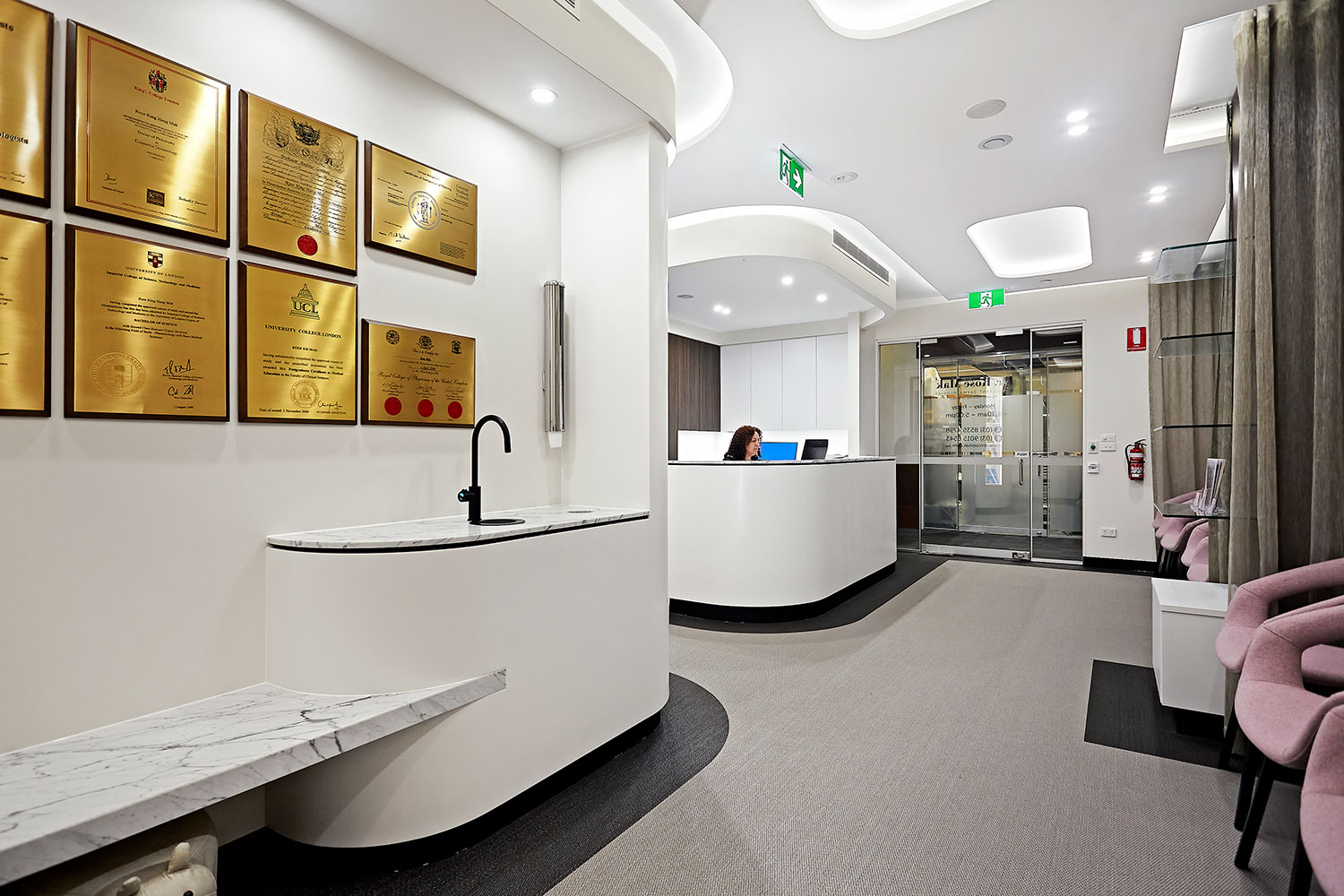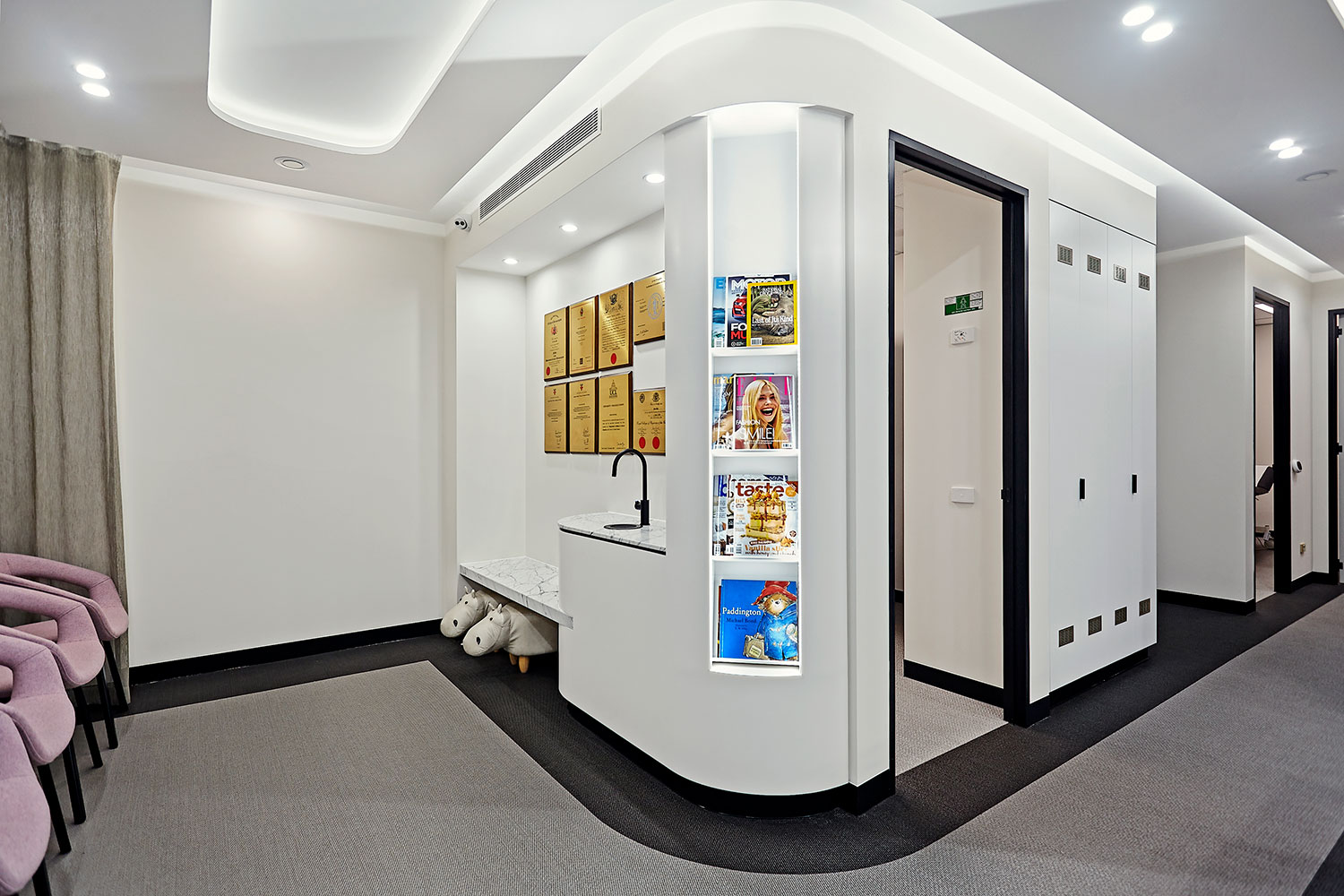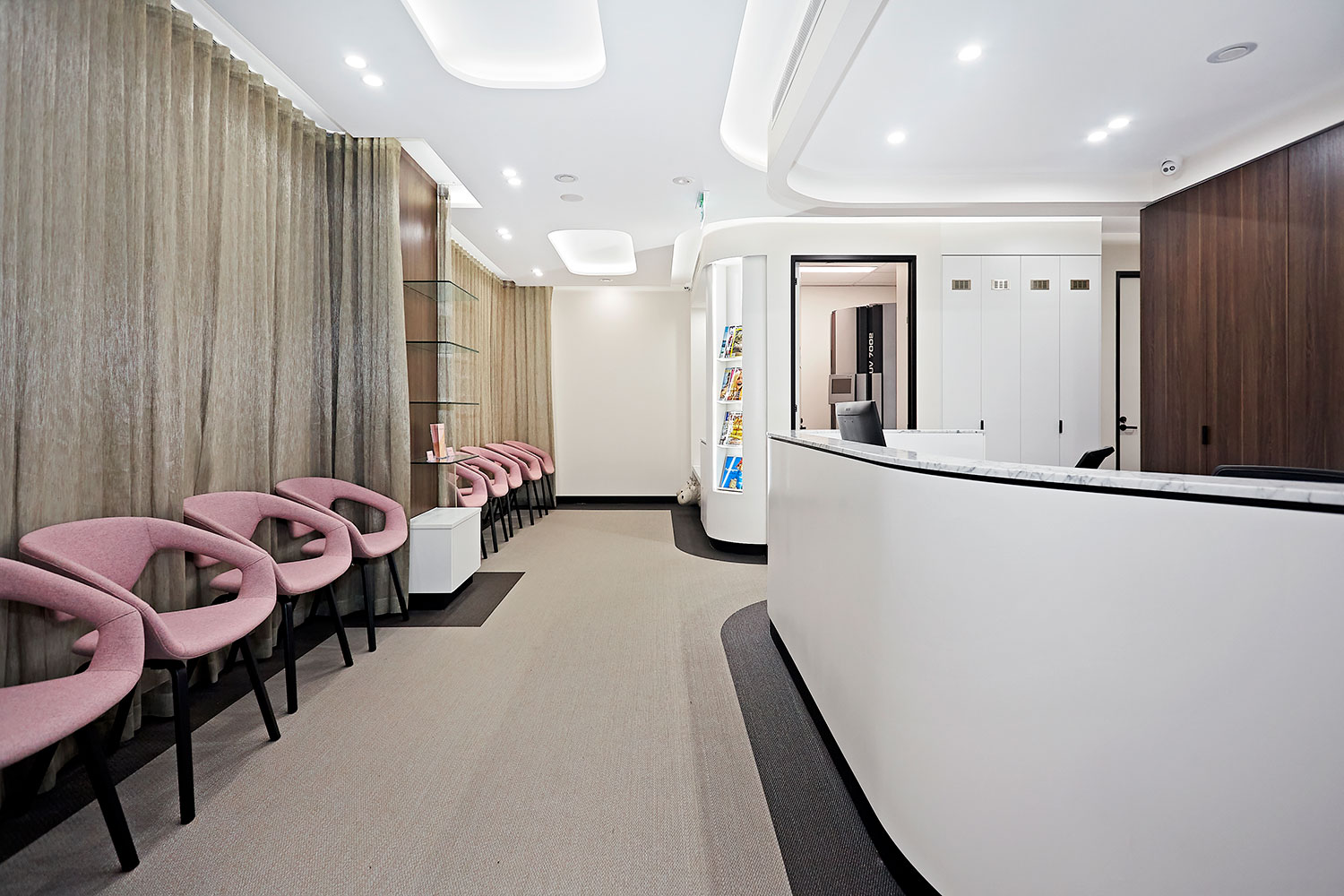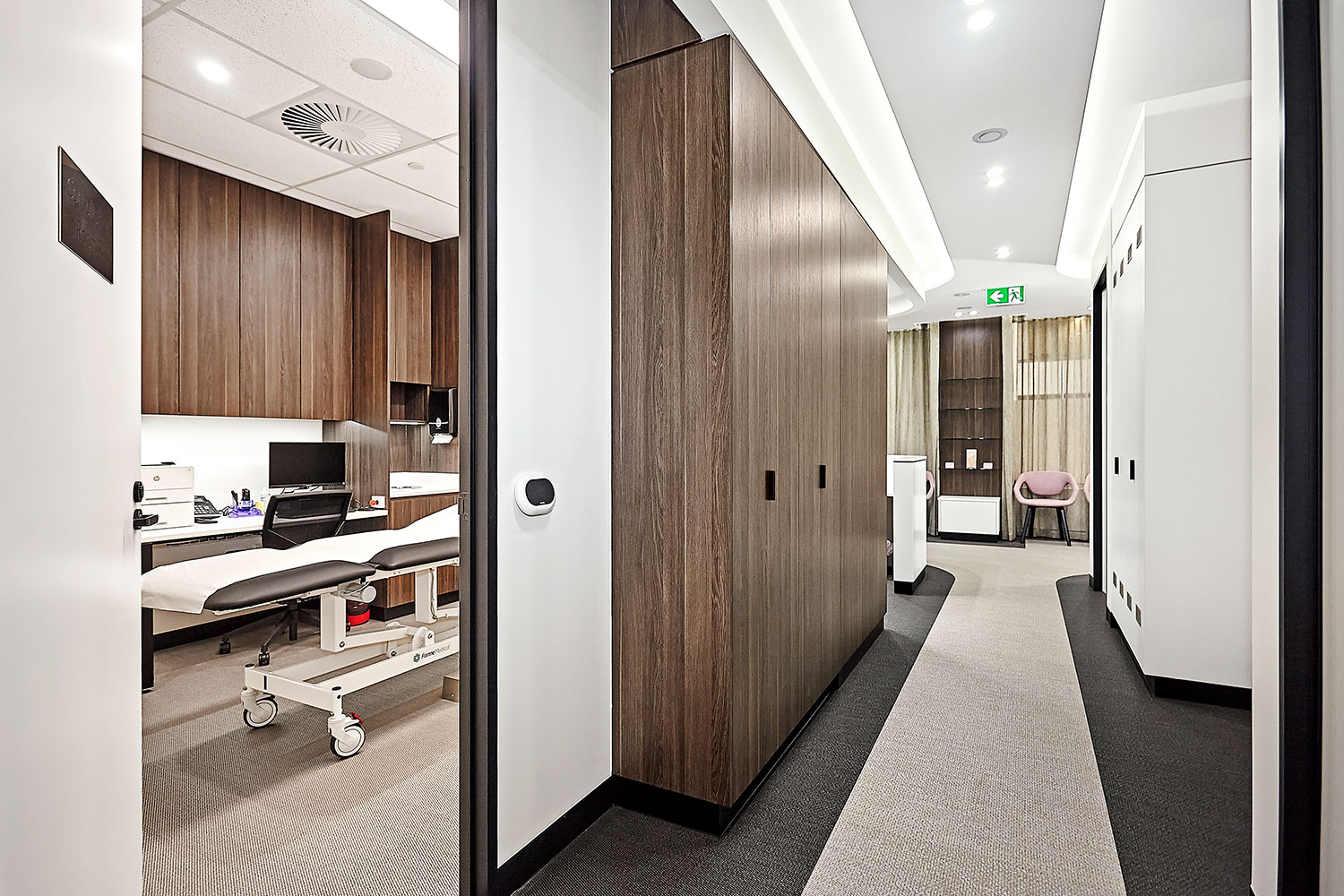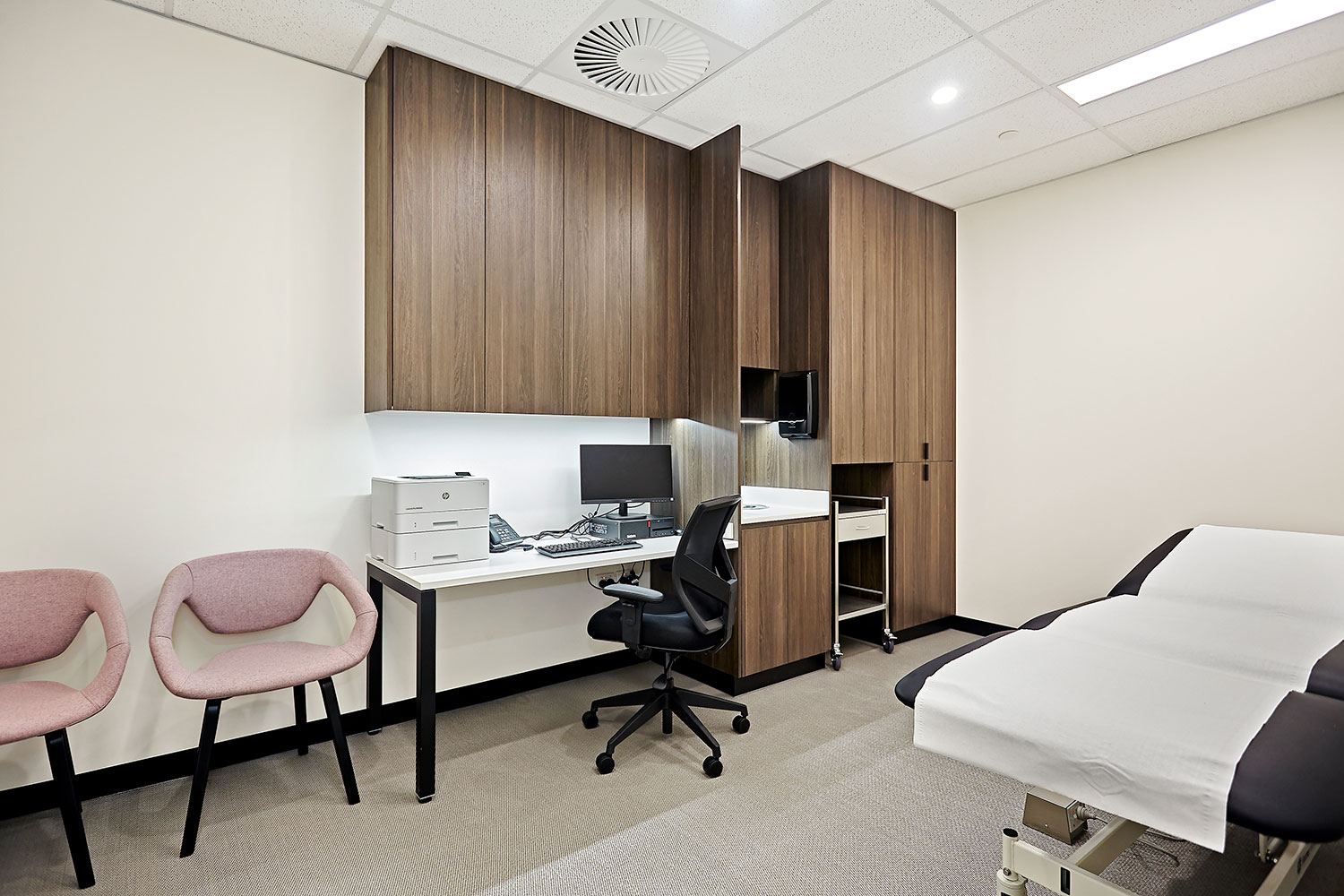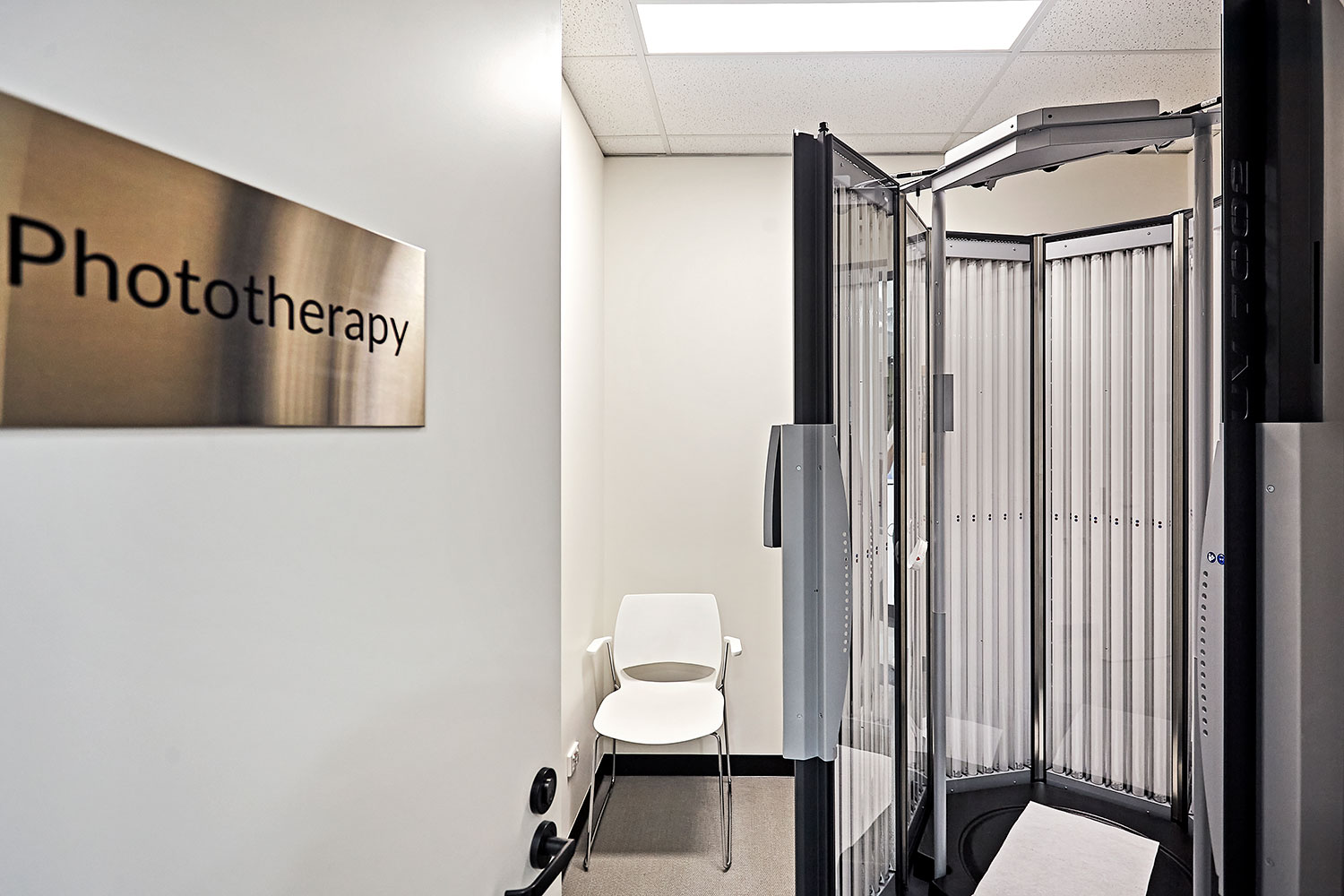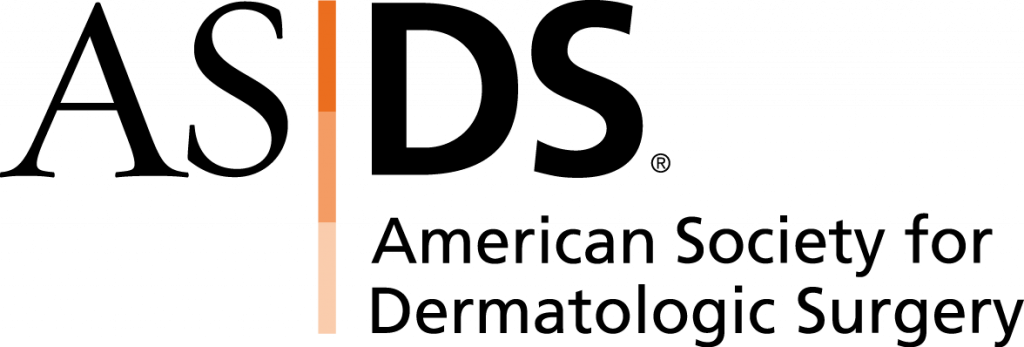Acne Clinic
Dr Rose Mak – Acne Clinic
Dr Rose Mak’s Acne Clinic is highly popular with patients and referring doctors (including GPs and specialists) alike. Rose has a special interest in acne management and enjoys working closely with you to devise a personalised management plan to suit your individual needs.
Acne is common in teenagers and adults and is amongst one of the most common conditions we treat in our clinics. It is important to treat acne early and not to neglect the condition because when treatment is delayed, acne can potentially cause permanent scarring.
Acne is a very common skin condition. It is a disorder of the hair follicle and its associated oil (sebaceous) gland (known as the pilosebaceous unit) in our skin.
When the hair follicles and the associated oil glands become blocked and inflamed, whiteheads, blackheads or pimples develop and usually appear on the face, forehead, chest, upper back and shoulders.
When oil and dead skin cells become trapped in enlarged oil glands, a plug is created. This plug of oil and dead cells is known as a comedone. When a comedone becomes inflamed, it turns into acne.
A number of factors may cause acne, including:
- Genetics – genetics factors play a role in acne. If a teenager’s parent had acne, he/she may be more likely to develop acne.
- Hormonal disorders – androgens are a group of hormones responsible for male traits and reproductive activities. Testosterone is an example of a major androgen. Androgens are produced by both men and women and their levels are highest in puberty. Androgens affect oil glands on the neck, back, face, shoulders and chest, causing them to enlarge and produce more oil (sebum). As a result of the above acne occurs more commonly during puberty. Hormonal changes relating to pregnancy and the use of oral contraceptives can also affect sebum production. Conditions such as polycystic ovarian syndrome may result in hormonal imbalance and predisposition to acne.
- Dietary factors – studies suggest that high glycaemic index (GI) food including dairy products, chocolate and carbohydrate-rich foods may worsen acne and further study is needed to examine the potential underlying mechanism. Hence a low-GI diet may help to improve acne.
- Medications – drugs that contain corticosteroids, testosterone or lithium may worsen acne.
- Stress – adrenal glands produce more androgens when an individual is emotionally stressed. This can worsen acne.
These may vary depending on the severity of condition and include:
- Whiteheads (closed plugged pores)
- Blackheads (open plugged pores)
- Small red, tender bumps (papules)
- Pimples (pustules), these are papules with pus
- Large, painful, solid lumps underneath the skin surface (nodules)
- Painful lumps filled with pus underneath the skin surface (cystic lesions)
Approximately 80% of the population would be affected by acne at any one time. Acne affects men and women of all ethnic backgrounds. Adolescence is the most common time to develop acne because of a surge in levels of sex hormones which stimulate the oil glands in our skin to enlarge, thereby increasing sebum (oil) production and results in an increased chance of acne formation. However, despite increased susceptibility to acne during adolescence and young adulthood, people of all ages can get acne. Some adults develop acne despite an acne-free youth. Dermatologists are also seeing a growing number of women developing acne in their 30s, 40s, 50s and beyond.
Although acne is more common in adolescents and young adults, children get acne too.
If your child has acne, you may consider bringing your child to see Dr Rose Mak who can recommend treatments that are suitable for children.
It is important to treat acne rather than let it run its course because:
- Without treatment, permanent scars can appear on the skin when acne clears
- Treating acne improves individual’s self-esteem
- Many effective treatments are now available
Dr Rose Mak can help you control acne, avoid scarring and other skin damage and make existing scars less noticeable.
Our acne treatments can be tailored to suit your individual needs.
Topical medications
The most common topical prescribed medications for acne are:
- Retinoids. These come as creams and gels. Retinoid drugs are derived from vitamin A. This medication is applied in the evening. It works by preventing plugging of the hair follicles but may cause local dryness and irritation and to help reduce these potential treatment side effects, one may begin treatment with three times a week, then eventually increased to daily as your skin becomes used to it.
- Antibiotics. These kill excess skin bacteria and reduce redness of the skin. They are usually used in combination with a retinoid, with the antibiotic applied in the morning and the retinoid in the evening. The antibiotics are often combined with benzoyl peroxide to prevent the likelihood of antibiotic resistance.
- Azelaic acid. Azelaic acid is a natural material produced by a yeast living on normal skin and has antibacterial properties.
Oral medications
Our dermatologist will discuss different oral medications that can be used including:
- Antibiotics. Oral antibiotics may be used to treat moderate to severe acne to reduce bacteria and inflammation. Common oral antibiotics used to treat acne include tetracycline antibiotics, or a macrolide antibiotic. Oral antibiotics are commonly used in combination with topical retinoids and benzoyl peroxide.
- Anti-androgen agents. Anti-andorgen agents block the effects of androgen hormones on the sebaceous glands and may be considered in certain women and adolescent girls.
- Oral vitamin A derivative tablets and can treat persistent acne and acne that does not respond to other treatments. Oral vitamin A derivative tablets can only be prescribed by dermatologists.
Laser treatment
Dr Mak has extensive experience in treating red acne scars with the latest VBeam Prima technology. VBeam Prima is a vascular laser that is highly effective in treating red acne scars. It targets the redness within the scar and removes the redness. In addition, this laser treatment produces an inflammatory response which stimulates skin collagen production and remodels scar tissues, thereby improving skin texture. Clinical studies have shown this laser treatment to be highly effective in improving red acne scars.
Acne is a very common skin condition. It is a disorder of the hair follicle and its associated oil (sebaceous) gland (known as the pilosebaceous unit) in our skin.
When the hair follicles and the associated oil glands become blocked and inflamed, whiteheads, blackheads or pimples develop and usually appear on the face, forehead, chest, upper back and shoulders.
When oil and dead skin cells become trapped in enlarged oil glands, a plug is created. This plug of oil and dead cells is known as a comedone. When a comedone becomes inflamed, it turns into acne.
A number of factors may cause acne, including:
- Genetics – genetics factors play a role in acne. If a teenager’s parent had acne, he/she may be more likely to develop acne.
- Hormonal disorders – androgens are a group of hormones responsible for male traits and reproductive activities. Testosterone is an example of a major androgen. Androgens are produced by both men and women and their levels are highest in puberty. Androgens affect oil glands on the neck, back, face, shoulders and chest, causing them to enlarge and produce more oil (sebum). As a result of the above acne occurs more commonly during puberty. Hormonal changes relating to pregnancy and the use of oral contraceptives can also affect sebum production. Conditions such as polycystic ovarian syndrome may result in hormonal imbalance and predisposition to acne.
- Dietary factors – studies suggest that high glycaemic index (GI) food including dairy products, chocolate and carbohydrate-rich foods may worsen acne and further study is needed to examine the potential underlying mechanism. Hence a low-GI diet may help to improve acne.
- Medications – drugs that contain corticosteroids, testosterone or lithium may worsen acne.
- Stress – adrenal glands produce more androgens when an individual is emotionally stressed. This can worsen acne.
These may vary depending on the severity of condition and include:
- Whiteheads (closed plugged pores)
- Blackheads (open plugged pores)
- Small red, tender bumps (papules)
- Pimples (pustules), these are papules with pus
- Large, painful, solid lumps underneath the skin surface (nodules)
- Painful lumps filled with pus underneath the skin surface (cystic lesions)
Approximately 80% of the population would be affected by acne at any one time. Acne affects men and women of all ethnic backgrounds. Adolescence is the most common time to develop acne because of a surge in levels of sex hormones which stimulate the oil glands in our skin to enlarge, thereby increasing sebum (oil) production and results in an increased chance of acne formation. However, despite increased susceptibility to acne during adolescence and young adulthood, people of all ages can get acne. Some adults develop acne despite an acne-free youth. Dermatologists are also seeing a growing number of women developing acne in their 30s, 40s, 50s and beyond.
Although acne is more common in adolescents and young adults, children get acne too.
If your child has acne, you may consider bringing your child to see Dr Mak who can recommend treatments that are suitable for children.
It is important to treat acne rather than let it run its course because:
- Without treatment, permanent scars can appear on the skin when acne clears
- Treating acne improves individual’s self-esteem
- Many effective treatments are now available
Dr Rose Mak can help you control acne, avoid scarring and other skin damage and make existing scars less noticeable.
Our acne treatments can be tailored to suit your individual needs.
Topical medications
The most common topical prescribed medications for acne are:
- Retinoids. These come as creams and gels. Retinoid drugs are derived from vitamin A. This medication is applied in the evening. It works by preventing plugging of the hair follicles but may cause local dryness and irritation and to help reduce these potential treatment side effects, one may begin treatment with three times a week, then eventually increased to daily as your skin becomes used to it.
- Antibiotics. These kill excess skin bacteria and reduce redness of the skin. They are usually used in combination with a retinoid, with the antibiotic applied in the morning and the retinoid in the evening. The antibiotics are often combined with benzoyl peroxide to prevent the likelihood of antibiotic resistance.
- Azelaic acid. Azelaic acid is a natural material produced by a yeast living on normal skin and has antibacterial properties.
Oral medications
Our dermatologist will discuss different oral medications that can be used including:
- Antibiotics. Oral antibiotics may be used to treat moderate to severe acne to reduce bacteria and inflammation. Common oral antibiotics used to treat acne include tetracycline antibiotics, or a macrolide antibiotic. Oral antibiotics are commonly used in combination with topical retinoids and benzoyl peroxide.
- Anti-androgen agents. Anti-andorgen agents block the effects of androgen hormones on the sebaceous glands and may be considered in certain women and adolescent girls.
- Oral vitamin A derivative tablets and can treat persistent acne and acne that does not respond to other treatments. Oral vitamin A derivative tablets can only be prescribed by dermatologists.

